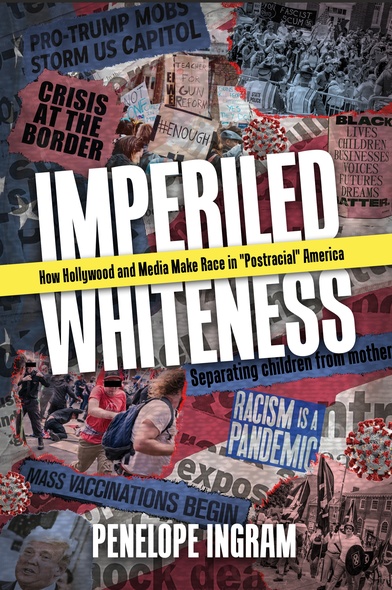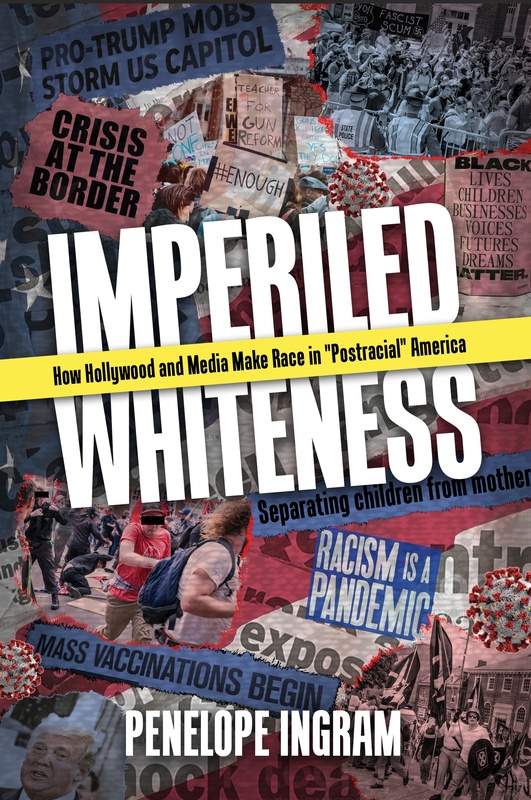
Imperiled Whiteness
How Hollywood and Media Make Race in "Postracial" America
In Imperiled Whiteness, Penelope Ingram examines the role played by media in the resurgence of white nationalism and neo-Nazi movements in the Obama-to-Trump era. As politicians on the right stoked anxieties about whites “losing ground” and “being left behind,” media platforms turned whiteness into a commodity that was packaged and disseminated to a white populace. Reading popular film and television franchises (Planet of the Apes, Star Trek, and The Walking Dead)through political flashpoints, such as debates over immigration reform, gun control, and Black Lives Matter protests, Ingram reveals how media cultivated feelings of white vulnerability and loss among white consumers. By exploring the convergence of entertainment, news, and social media in a digital networked environment, Ingram demonstrates how media’s renewed attention to “imperiled whiteness” enabled and sanctioned the return of overt white supremacy exhibited by alt-right groups in the “Unite the Right” rally in Charlottesville in 2017 and the Capitol riots in 2021.
Recommended.
The achievement ofImperiled Whiteness is its reconsideration of received knowledge and its reinforcement of the status quo even where one cannot conceive of its continuing viability. One cannot imagine anyone not expanding intellectually after wrestling with the conceptual distortions detailed in Imperiled Whiteness.
In the end, the book does a more than satisfactory job of walking readers through whiteness in the United States and demonstrates how popular media plays a role in its convoluted construction. The comparison of speculative fiction produced by white and marginalized artists is enlightening and effective, demonstrating the potential of media to have reactionary and progressive goals. . . . Imperiled Whiteness is a reminder that (white) audiences would all do well to pay closer attention to the media they consume on a daily, or even hourly, basis
Imperiled Whiteness is an insightful and much-needed interrogation of whiteness and white racial identity in contemporary US popular culture. It offers not simply an assertion that much of US pop culture centers on white folks, but a nuanced exploration of how whiteness itself is constructed, negotiated, and reconstructed in response to shifting cultural and political contexts.
Penelope Ingram is a Distinguished Teaching Professor and an associate professor in the Department of English at the University of Texas at Arlington. She is author of The Signifying Body: Toward an Ethics of Sexual and Racial Difference and has published widely in race, gender, and cultural studies.





